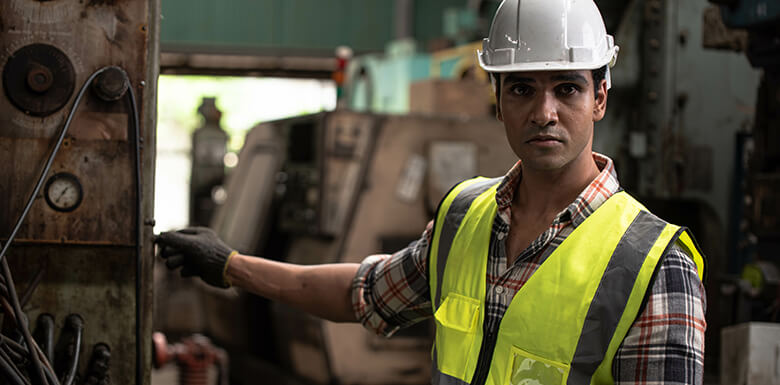July 24, 2020
Common Training You Should Get on a Construction Job
By Jonathan Damashek
Posted in

When you work in the construction industry, the training you receive will vary significantly from one employer to the next. Some businesses expect their workers to be up-to-speed on what to do and when. Others provide basic on-the-job training. Some businesses, though, invest in thorough training programs that can help you learn new skills and work as safely as possible.
If you were injured in a construction accident as an entry-level worker, contact a lawyer at Hecht, Kleeger & Damashek, P.C. at (212) 490-5700 or through our online form. Workers’ compensation insurance should cover you. But whether you are or not, we’ll look into what caused the accident and why, including whether you and other workers lacked the appropriate training to do your jobs safely.
Don’t hesitate to give us a call. We offer free initial consultations, so there’s no risk in talking to a NY construction accident attorney about your options.
Common Training on a Construction Job
Equipment and Machinery
You should be shown how to use the necessary and equipment properly by a more experienced worker. This is essential when you’ll be using large and potentially dangerous machines and tools. You should know how to use it correctly, the safety procedures associated with that piece of equipment, and any necessary lockout/tagout procedures for machines with an electrical source.
Basic Safety
As an entry-level construction worker, you should be told basic safety procedures, like what types of gear to wear and what persona protective gear is provided. Occupational Safety and Health Administration (OSHA) regulations require it. You’ll be told things like wear steel-toed boots, gloves, protective glasses, and hardhats while on the construction site. You should never be confused about what’s appropriate to wear at work, what type of safety gear you need, and whether you or the employer is required to obtain certain safety equipment.
OSHA Regulations
As a new construction worker, your employer might require you to take a 10-hour course regarding OSHA regulations. It teaches you to identify hazards and when to file a complaint. There’s also a 30-hour training option. Once you finish the course, you’ll have a card showing you’re certified. You’ll have an OSHA 10 or OSHA 30 card.
New York Safety Training Requirements
In New York, Local Law 196 of 2017 requires workers on job sites that need a Construction Superintendent, Site Safety Coordinator, or Site Safety Manager (most major construction sites) to have 30 hours of training. By September 1, 2020, they must have at least 40 hours of safety training. New workers must have their OSHA 10 card before they can start work and complete their remaining hours within six months.
Specific Tasks
Construction is a big industry, and there are lots of different types of jobs and laborers. For instance, you might work with a general contractor or in commercial construction, residential construction, masonry, roofing, tiling, carpentry, etc. When you start out in any of these fields, you’ll be taught the most basic tasks, which you can do safely with minimal supervision. As you become more knowledgeable and confident on the worksite, you’ll be taught tasks that require a greater amount of skill and detail.
Blueprints
You might work with veteran laborers or supervisors on learning to read blueprints correctly. It’s important to be able to read blueprints if you want to move up in the construction industry because you’ll require less supervision.
Silica Avoidance
If you often work with drills, saws, and sanding machines that release dangerous particles, your employer might require you to take a course and get a Silica in Construction Certificate. This course shows you how to mitigate your exposure to silica while on the job.
Were You Hurt in a Construction Accident in New York?
If you were injured in a construction accident, work with an experienced attorney through the workers’ compensation process. A lawyer will review your case and advise you on whether or not to file a third-party claim against someone. Whether you have a third-party liability claim or not,
Reach out online or call (212) 490-5700 to schedule your free consultation.